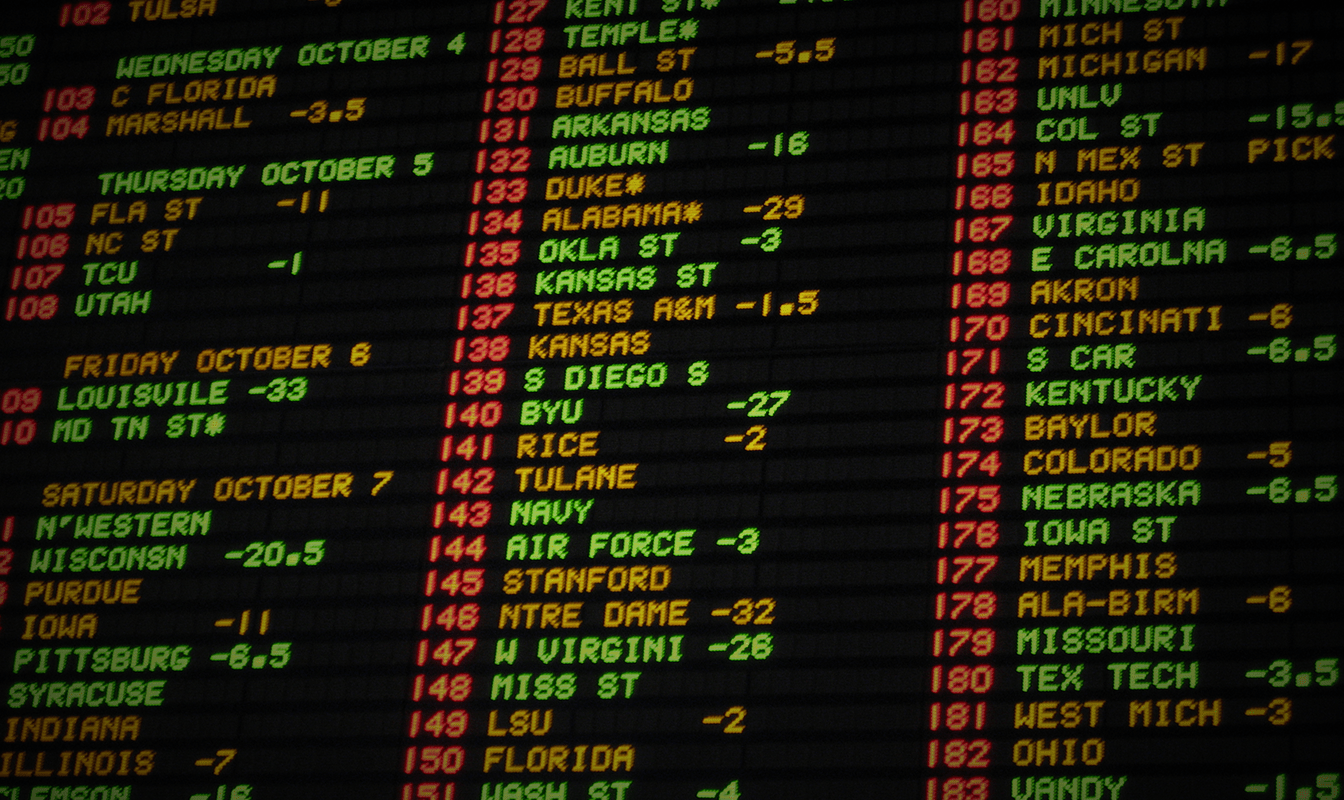Since 2018 when the U.S. Supreme Court ruled in favor of state-controlled lawmaking around sports betting, efforts opposing the expansion of gambling in collegiate and professional sports have become increasingly futile.
Today, 30 states have legalized some form of sports betting, and 9 of those states have joined just in the past 12 months, boosting total annual money wagered to over $52 billion for the first time.
In collegiate athletics, the NCAA has been openly reluctant to embrace the activity. And with the concurrence of recent landmark changes to Name, Image, and Likeness (NIL) laws, the NCAA has indicated that it will likely give conferences and universities greater autonomy in regulating conduct. As a result, confusion surrounding what is and is not allowed has made the collegiate athletics landscape increasingly challenging to navigate for conference and university leaders, as the need to remain proactive is complicated by rapidly evolving legislation. Only two things are certain with this much money on the line: massive opportunities and massive threats lie ahead.
Considerations:
- University leaders must consider their obligation to protect students from the pitfalls of expanded sports gambling. These pitfalls include but are not limited to underage participation and mental health issues such as addiction and depression.
- While athletes are restricted from partnering with gambling organizations even under new NIL laws, schools are not. This reality offers new collaborative opportunities that can supplement existing educational programs. When exploring potential partnerships, consider what messaging might create unintended backlash.
- The need to monitor new and upcoming laws and regulations is obvious, but universities must also consider the broader conversation trends around sports gambling. Before advancing any partnerships or initiatives, consider tracking online conversations and even polling faculty, staff, students, and other key stakeholders to understand the most critical issues to the community you represent.
- New avenues exist for malfeasance. Not only are student-athletes vulnerable to corruption, but coaching staff, trainers, and even equipment managers have access to information that could be considered insider information. And with betting expanding from lines of an entire game to wagers on individual plays and possessions, bet rigging will be more challenging to detect and mitigate.
Universities Embracing the New Era:
Partnerships
The University of Colorado at Boulder was among the first university athletic departments to explore deals with betting companies, entering a five-year corporate partnership with PointsBet Colorado in 2020. PointsBet will provide a “financial boost” to UC’s Leadership and Career Development program and “PointsBet recruitment” of students for internships and full-time employment opportunities in exchange for media and in-stadium promotion.
More recently, Michigan State University announced a multiyear deal with Caesars Sportsbook in January, which includes premium seating and tailgating naming rights, as well as commercial signage within its largest stadiums. On top of the undisclosed financial sum, Caesars will also provide MSU campus community members who use the sportsbook with unique hospitality experiences through a new loyalty program. The deal also includes scholarships and professional development opportunities for students and funding for “responsible gaming education.”
Integration Into Existing Programs
The University of Minnesota’s “Parent Program,” which up to this point had focused on the role that parents play in students’ adjusting to college and preparing for success, began integrating a lesson on college gambling into its family finances seminars. The move was made after routinely surveying parents on their top concerns for students entering college and covers risk factors, warning signs, and additional resources around sports gambling.
Dedicated Task Forces
Former University of Alabama Assistant Athletic Director for Compliance Chris King is credited with making UA a national role model in addressing sports gambling within the campus community by taking proactive measures to outline goals and opportunities on the subject. One of these measures was the creation of a “Gambling Action Team,” made up of leaders in various departments, including athletics, student counseling, the student health center, and others, to address emerging threats surrounding legal and illegal gambling that students and employees might be involved in. In addition, the team focused on campus-wide communications initiatives, including brochures, presentations, and education programs.
Keeping Ears to the Ground
When the state of Mississippi became one of the early adopters of legal sports betting in 2019, then Ole Miss Athletic Director Ross Bjork made a point to establish deep relationships with individuals and committees that could alert his office to sudden regulations changes and threats. By engaging the state’s gaming regulators, Ole Miss was able to understand and react to evolving legislation around sports gambling and even be alerted to incidents such as irregular betting patterns leading up to events. Bjork also implemented weekly engagements with key stakeholders within his department, such as student-athletes, coaches, and training and support staff about the importance of information protection and offered pathways to report suspicious activities.

